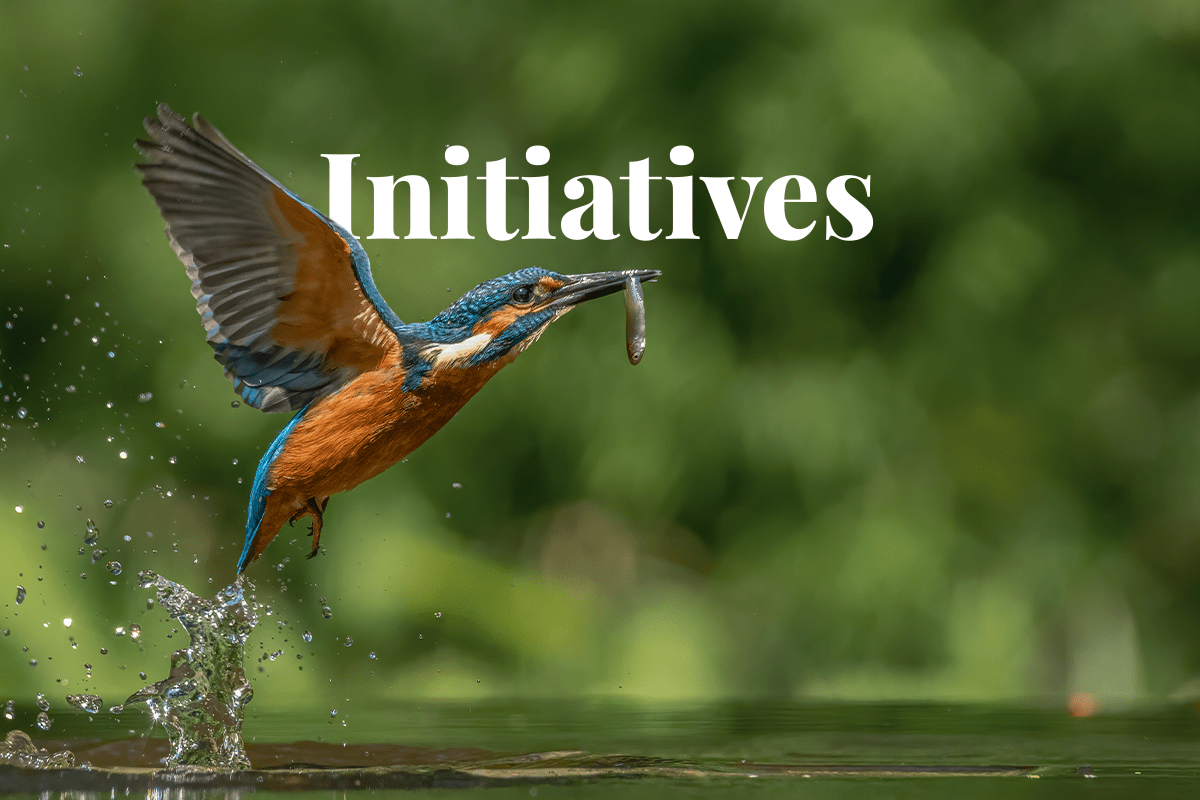A recent report by BloombergNEF analysed eight existing biodiversity crediting schemes and assessed their performance based on various criteria. These initiatives cover over 800,000 hectares, with $8 million in funding pledged so far for the creation of biodiversity credits. The study examines both private-sector-led and government-administered schemes from different regions.
 Common European Kingfisher (Alcedo atthis) with a caught fish.
Common European Kingfisher (Alcedo atthis) with a caught fish.
Among the eight case studies, five are privately led: ValueNature, Replanet, Terrasos, Ekos, and South Pole. The remaining three are managed by governments: Australia, Gabon, and Niue. The majority of projects are concentrated in Central and South America due to increased resource pressure, with regulators being more receptive to novel approaches and conservation costs being lower.
Read more: Deforestation in the Amazon Rainforest: causes, effects, solutions
BloombergNEF's assessment framework evaluated each scheme based on additionality, permanence, transparency, scalability, and measurement integrity. Replanet, headquartered in the UK, received the highest score across all criteria, followed by ValueNature based in South Africa.
However, the three smaller private schemes, Terrasos, Ekos, and South Pole, face challenges in scaling up while still having well-developed methodologies. Government-led programmes, such as Australia's, have a ‘sprawling legal framework’ but require improvements in additionality and measurement depth. Niue and Gabon have released limited details on their policies.
Although biodiversity credits are tradeable, none of the schemes offers fungible credits except for Niue's ocean-specific credits. Prices vary widely across schemes, ranging from $5 to $150.
The report highlights that biodiversity crediting is a small fraction of total biodiversity finance, with most funding coming from public-domestic sources. The Global Biodiversity Framework emphasises the need for private finance to bridge the investment gap in nature protection and restoration, making biodiversity credits a potential avenue.
Read more: Flexibility and transparency are key for a thriving biodiversity market states Verra
The report acknowledges the complexity of measuring biodiversity, with different schemes employing various approaches for measurement, reporting, and verification. Traditional methods include manual counting and historical data, while newer technologies like eDNA and bioacoustics are gaining momentum.
Biodiversity credits can learn from the voluntary carbon market's experience to avoid over-crediting and inflation of baselines. The separation of biodiversity credits from offsets is also a topic of debate, with ongoing discussions regarding definitions, eligibility, and fungibility.
As market-enabling policies and disclosure guidelines are introduced, the report expects biodiversity credits to increase significantly. The study underlines the importance of collaboration and effective regulation to improve the functioning of these early schemes while providing valuable insights into the market.
Protecting nature means protecting biodiversity. That is why DGB Group’s projects maintain biodiversity as an integral part of all stages of our initiatives. The nature markets are progressing towards establishing global frameworks for biodiversity that will allow businesses to make a positive impact on our planet. DGB is ready to support businesses to reach their net-zero goals and preserve our planet’s unique ecosystems through our biodiversity credits.
Contact us–Let's ensure a greener future together

